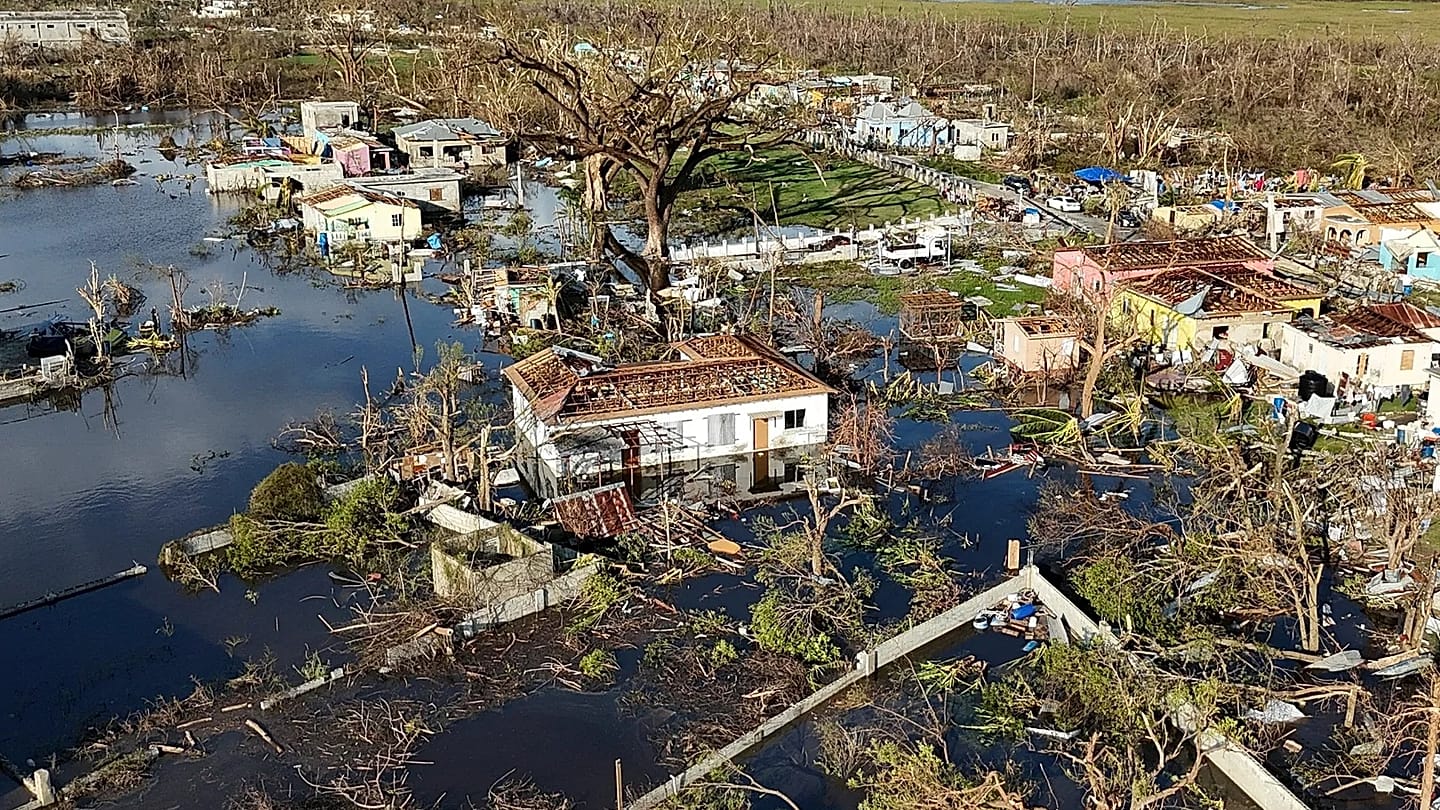Cleanup efforts under way after Hurricane Melissa leaves destructive trail in the Caribbean
Hurricane Melissa, one of the most powerful ever recorded, tore through the Caribbean, with scientists pointing to climate change as a key factor behind the storm’s intensity.
Cleanup efforts are under way as Hurricane Melissa, one of the most powerful storms ever recorded, left a widespread trail of destruction across much of the northern Caribbean, including Jamaica, Cuba and Haiti.Hurricane Melissa's death toll further rose to 49 on Thursday, according to official records. In Haiti, at least 30 people were killed and 20 are still missing.Officials in Jamaica reported at least 19 deaths, and expected the death toll to further rise as search and rescue efforts continue.On Thursday, 12 emergency relief flights, carrying water, medicine and other essentials, entered the country, Jamaican Minister of Transportation Daryl Vaz said. The country's main international airport had reopened late on Wednesday.Meanwhile, helicopters dropped food as they flew over communities that were more difficult to reach, as the hurricane wiped out roads and destroyed bridges.A joint effort by government workers and residents is under way to clear roads and reach those isolated in the southeast of the island.Meanwhile, teams with rescue dogs continue to search for victims under the rubble. On Thursday, a team from the US search-and-rescue effort landed in the country.The storm flattened many homes and ripped off roofs from many buildings. Over 13,000 people remained in crowded shelters, officials said, with 72% of the island without power and just 35% of mobile phone sites in operation.Slow recovery in CubaResidents slowly started returning home Thursday, after the Civil Defence evacuated over 735,000 people across eastern Cuba ahead of the storm. No deaths were reported.The military helped rescue people trapped in isolated communities who are at risk from landslides. Heavy rain followed by drought has made the Caribbean more vulnerable to flooding and landslides, Nicole Leotaud, executive director of the Caribbean Natural Resources Institute, said.Meanwhile, teams with heavy equipment started clearing blocked roads.The provinces of Santiago, Granma, Holguín, Guantánamo and Las Tunas were affected by the storm, officials reported.The hurricane cut many power lines and optical telecommunications cables, leaving many communities without electricity, internet or phone service.The town of El Cobre in the eastern province of Santiago de Cuba, home to roughly 7,000 people, was one of the hardest hit. Many houses collapsed or were left roofless. The town's iconic basilica also sustained damage.Death and flooding in HaitiDozens of deaths were reported in Haiti after the country was overwhelmed by catastrophic flooding. Roughly 15,000 people remained in shelters.Hurricane Melissa killed at least 20 people, including 10 children, in Petit-Goâve, Haiti’s Civil Protection Agency said. At least 160 homes were damaged, and another 80 were destroyed entirely.“It is a sad moment for the country,” said Laurent Saint-Cyr, president of Haiti’s transitional presidential council, adding that he expects the death toll to further rise as search and rescue efforts continue.Climate change impactMelissa made landfall in Jamaica on Tuesday as a Category 5 hurricane, bringing record winds of 295 kph, before weakening and moving on to Cuba. On Wednesday, Hurricane Melissa brushed past the southeast Bahamas, where 1,400 people were evacuated ahead of its arrival.Thursday night, Melissa weakened to a Category 2 storm with maximum sustained winds around 165 kph, and continued moving northeast, according to the US National Hurricane Center in Miami.Melissa picked up speed again as it passed by the west of Bermuda late on Thursday, before it was expected to weaken again on Friday.Hurricane Melissa experienced what scientists call extreme rapid intensification, allowing it to surge across the Caribbean with unusual strength. Experts believe the storm was fuelled by ocean waters that were warmer than average, a condition many linked to human-caused climate change."The storm underwent rapid strengthening as it sluggishly crawled over exceptionally warm ocean waters 1.4°C warmer than average and up to 700 times more likely due to human-caused climate change," a study by Climate Central scientists revealed.Warm water is a primary energy source for hurricanes. The hotter and deeper the water, the more powerful a storm can be.Hurricane Melissa caused at least $50 billion (€43.2bn) in economic damages across the Caribbean, AccuWeather estimated.


